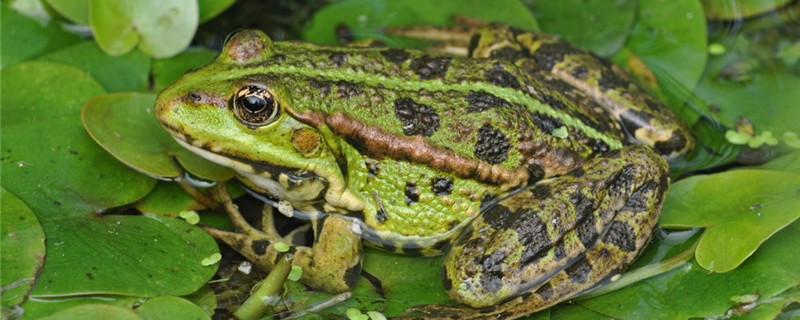
when they hibernate? Frogs enter a dormant state in winter, which is commonly known as animal hibernation. This is because frogs are cold-blooded animals, if they do not hibernate, they will be at risk of freezing to death, and when winter comes, frogs can hardly find anything to eat, so they must hibernate. Animals will continue to breathe when they hibernate, and the exchange of gases between the body and the outside world can not be satisfied without breathing. Frogs are no exception, and they will continue to breathe in winter. However, because frogs are inactive at this time, they need less oxygen and produce less carbon dioxide than when they are awake, so breathing is lighter than when they are awake.
when they hibernate? Frogs continue to breathe when they hibernate, but they need less oxygen and produce less carbon dioxide. When frogs are awake, the main respiratory organ is the lung, and the skin also plays an auxiliary role, so as to meet their body's oxygen requirements, and timely release of carbon dioxide produced in the body. However, frogs breathe differently in winter. They are inactive and do not eat. At this time, they do not need to breathe through their lungs, but only through their skin.
Therefore, their breathing is relatively quiet at this time. Because they don't use their lungs to breathe, they don't use their lungs to breathe like they do when they're awake, so their breathing status is not obvious in general, so many people mistakenly think that frogs don't breathe when they hibernate.